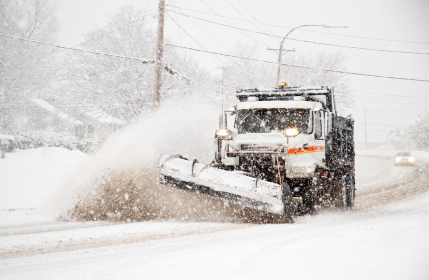AARP Hearing Center

With the first Nor’easter bearing down on us for Saturday and some serious snow accumulation predicted, it’s a good time to remember to check in on seniors you may know—especially those with disabilities and those who are socially isolated—whether they’re family members, friends, or neighbors.
The National Weather Service has issued a Winter Storm Watch for Massachusetts, predicting “A period of heavy snow followed by sleet and freezing rain, late Saturday into early Sunday.” The watch is in effect from Saturday evening at midnight through 11 a.m. on Sunday.
That said, are you prepared? How about those around you, especially the elderly?
First, if you have a smartphone or tablet computer, sign up to get emergency alerts from the Massachusetts Emergency Management Agency (MEMA), on your device. Second, pay heed and follow these tips from MEMA for before, during, and after the storm:
STORM AND EMERGENCY PREPAREDNESS
- Before storms hit, be prepared with these Steps to Take Before a Storm
- If seniors you know are disabled, go over this Preparedness Flyer for People with Disabilities with them and be sure safety steps are put in place for them before inclement weather arrives.
- For overall emergency preparedness, review this Emergency Preparedness Resource Guide from the Massachusetts Association of Councils on Aging.
- Build an Emergency Kit and keep it stocked in your home with items on this checklist (pdf).
- During a winter storm, be especially safe! Staying indoors is highly recommended; if going outside is a necessity, take precautions to prevent frostbite and to be safe shoveling.
- Once the storm is over, there are still many safety precautions to take, especially if you or seniors you know are without power. For example, if you lose heat, unused rooms should be sealed off by stuffing towels in the cracks under the doors. If the power outage should last overnight, cover windows with extra blankets or sheets to help retain the warmth inside and keep the cold out. Don’t forget to eat—food provides your body with energy for producing your own heat—but choose foods from your emergency kit (you have one ready, right?!) and not by opening your refrigerator, which will cause food there to spoil more quickly and become unsafe to consume.
WHO TO CALL FOR HELP
- For emergencies, call 9-1-1.
- For non-emergency storm-related questions, call 2-1-1.
- For questions or safety concerns about utilities, call your providers of gas, oil, electricity, land-line telephone service, etc. Many have recorded storm-related updates on storm damage and power outages on their main numbers.
OTHER SENIOR-RELATED CONCERNS
For any other senior-related concerns, visit the website of 800ageinfo.com or call the agency at (800) 243-4636 (800-AGE-INFO), TDD/TTY: (800) 872-0166; and contact the Massachusetts Executive Office of Elder Affairs, or call the EOEA offices directly at 1-617-727-7750.































































